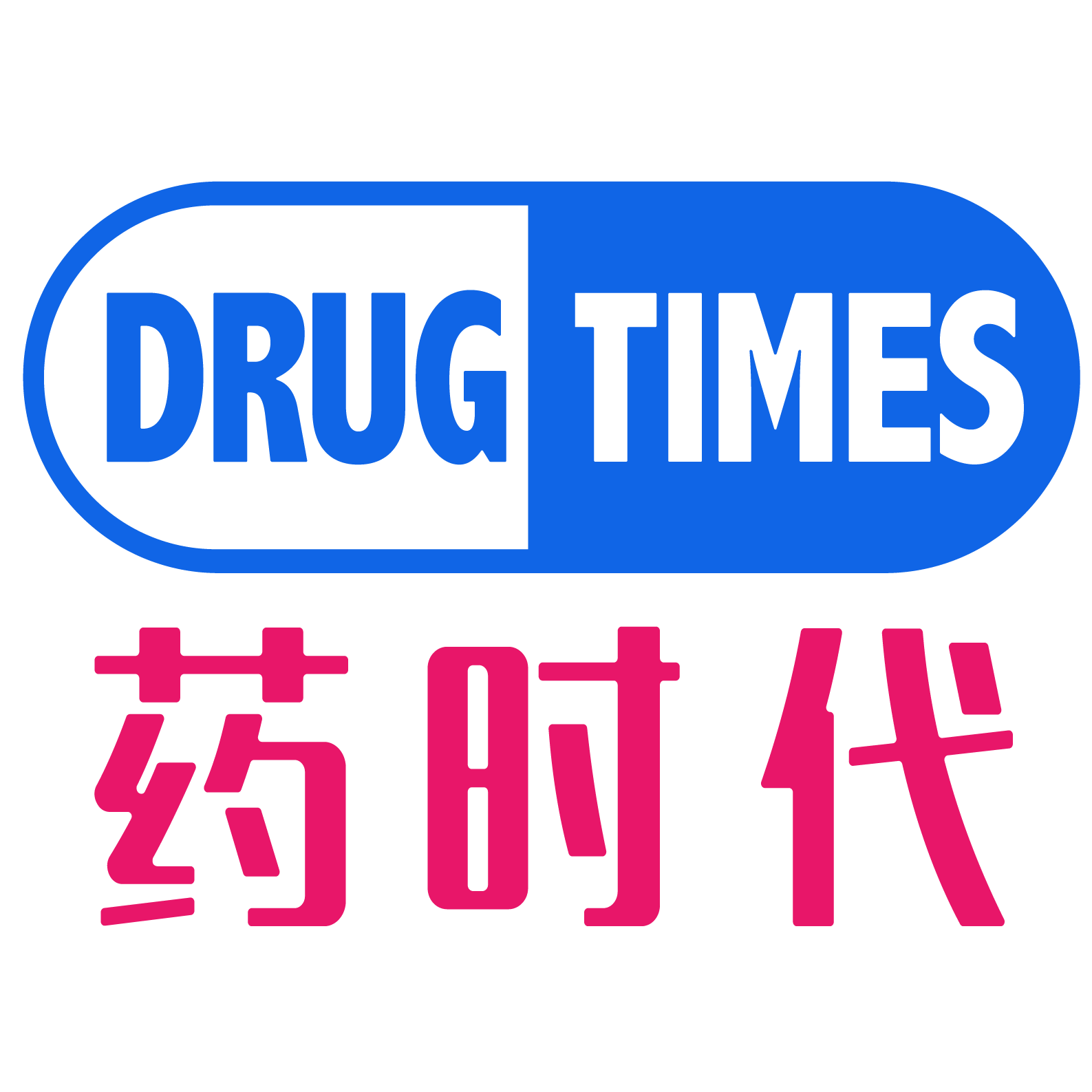
In just four months, Sanofi’s drug, which was licensed in for over $1 billion, has failed in Phase III clinical trials.
On September 12, 2024, Fulcrum Therapeutics announced that its p38α/β MAPK inhibitor, losmapimod, used for the treatment of facioscapulohumeral dystrophy (FSHD), did not meet the primary endpoint in the Phase III REACH trial. In the press release, Fulcrum’s Chief Scientist Alex Sapir announced: “Given today’s results, we plan to suspend the development plan for losmapimod in FSHD.” Affected by this news, Fulcrum’s stock price once fell by more than 60%. At the same time, this also means that Sanofi’s $80 million upfront payment has gone to waste.
The Phase II data was not good to begin with
In May 2024, Sanofi reached a deal with Fulcrum worth $1.055 billion to introduce the exclusive commercial rights of losmapimod outside the United States, with an upfront payment of $80 million.
The $80 million upfront payment is not low. According to the Phase II clinical trial results previously announced by Fulcrum, losmapimod did not show a significant statistical difference from the placebo group in the primary endpoint. It only showed some improvements in structural and functional outcomes.
The main reason why it won Sanofi’s favor is the particularity of the FSHD disease field. Currently, there is no specific treatment drug for FSHD approved for marketing, and clinically, it is still treated symptomatically with some anti-inflammatory drugs (non-steroidal anti-inflammatory drugs, NSAIDs).
Losmapimod is the fastest advancing in all FSHD pipelines. According to the expectations given by Fulcrum during the transaction period, the REACH study data was expected to be announced in the fourth quarter of this year.
And Sanofi itself has the intention to enter the FSHD field. In October 2022, Sanofi introduced a new antibody-RNA conjugate drug (ARC) for the treatment of FSHD from a biotech company called miRecule for a $30 million upfront payment and a total transaction amount of $400 million.
However, as of the date, the project is still in the early stages of the clinical trials.
Losmapimod has been transferred twice and has failed twice
The original research of the drug was by GSK. At that time, losmapimod was developed for acute coronary syndrome, not FSHD.
However, it was shelved due to poor Phase III clinical trial results in 2015. In 2019, Fulcrum, which was looking for a p38α/β MAPK inhibitor, re-evaluated the potential of losmapimod and found that the drug could downregulate DUX4 and restore the healthy muscle phenotype in the patient’s body in cell models of candidate patients, and believed it had the potential to treat FSHD.
Subsequently, it cooperated with GSK to obtain global rights to losmapimod, and before this, GSK had not explored the use of the drug in FSHD. p38 MAPK plays a key role in the process of muscle inflammation and damage induced by DUX4. In theory, inhibiting p38 MAPK can reduce the expression of DUX4 mRNA and protein, reduce the expression of downstream genes targeted by DUX4, and thus inhibit apoptosis of FSHD myotubes.
Now, the failure of losmapimod again is not only the loss of the visible $80 million and 60% of the stock price, but also the expectations of many FSHD patients. By the way, in February of this year, Fulcrum’s founder, Dr. Jeannie Lee, joined the GSK board of directors as a non-executive director.
People with FSHD cannot smile
This is a photo of a person with FSHD, who cannot smile and can only use his fingers to pinch the facial muscles in front of the mirror to help himself pose a smiling expression. FSHD is a progressive neuromuscular disease with an incidence rate of about 1/20,000. According to incomplete statistics, there are more than 870,000 patients worldwide.
FSHD is an autosomal dominant inheritance, and about 95% of patients are caused by a variation in chromosome 4, causing abnormal expression of the DUX4 gene. Losmapimod is to reduce the activity of DUX4 by blocking p38α and p38β proteins. In FSHD, the most affected muscles are the face, shoulders, upper back, upper arms, anterior lower legs, and abdomen.
This also leads to people with FSHD being unable to smile, loss of mobility, and impaired hearing and language ability…
Fortunately, the progression of FSHD is usually very slow, and it rarely affects the heart or respiratory system, so it is generally believed that it does not threaten life, and most patients have a normal life span.
At present, in addition to Fulcrum, Roche’s GYM329 (subcutaneous injection, once every 4 weeks), Avidity Biosciences’ AOC 1020 (intravenous injection, 5 times in 9 months), Arrowhead Pharmaceuticals’ ARO-DUX4 (intravenous injection), Epic Bio’s EPI-321 (intravenous injection), Vita Therapeutics’ VTA-120 (intramuscular injection), and Chaingen Bio’s antibody-oligonucleotide conjugate (AOC) drugs are conducting clinical research.
We hope they can succeed and truly help patients, and the failures and losses in this process are meaningful.
【Editor’s note】The above content (~4452 words) is a quick translation of a Chinese article (posted on 2024-09-14) by DrugTimes team. To read the original article, please click here. All comments are warmly welcome. Many thanks!
发布者:DrugTimes001,转载请首先联系contact@drugtimes.cn获得授权

 为好文打赏 支持药时代 共创新未来!
为好文打赏 支持药时代 共创新未来! 